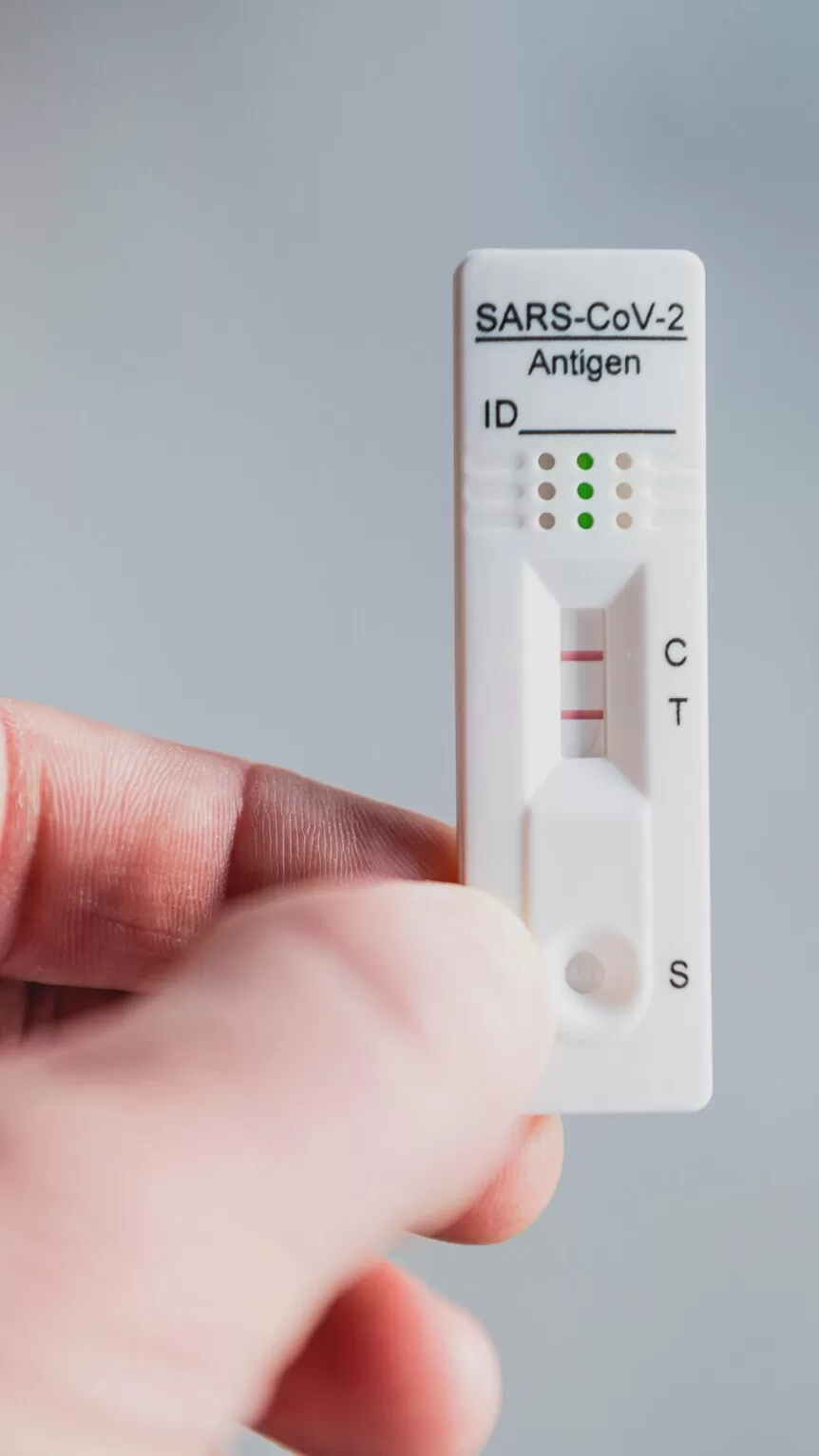If you’ve caught COVID-19, you’ll probably need to take some time off work — and for most of us that means providing some evidence of illness to our employers.
While COVID-19 activity remains low across Australia, the Victorian government recently issued a health alert after noticing an uptick in cases in the state.
If you are sick and you can’t get to the doctor, you might be wondering if you can use a positive rapid antigen test (RAT) as evidence instead.
The short answer? It depends.
Here’s what you need to know about providing evidence for sick leave when you have COVID-19.
What to know about sick or personal leave
The National Employment Standards (NES) set out the minimum entitlements for sick and carer’s leave (also known as personal/carer’s leave), including the types of evidence that can be provided.
All employees except casual workers are entitled to sick and carer’s leave under the NES.
Keep in mind that if your employment is subject to a workplace agreement, award, or contract, you may have a different leave entitlement (but it can’t be less than the minimum under the NES).
Casual employees may also have sick leave entitlements under an award, registered agreement or contract even though they aren’t covered under the NES.
Under the Fair Work Act, employees must provide evidence to their employer that they are genuinely entitled to their sick leave. Typically, a medical certificate or statutory declaration would be considered acceptable evidence.
Employers are entitled to ask for evidence even if the employee is taking as little as one day or less.
Is a positive RAT sufficient evidence for sick leave?
Unfortunately, the answer isn’t entirely clear — the answer will depend on your manager or employer.
When I asked the Fair Work Ombudsman about this, here’s what a spokesperson had to say:
There are no strict rules on what type of evidence needs to be given; the evidence has to convince a reasonable person that the employee was genuinely entitled to the sick or carer’s leave.
Medical certificates or statutory declarations are examples of acceptable forms of evidence.
Depending on the circumstances, evidence of a positive rapid antigen test may also be acceptable evidence.
In other words, while some employers may be happy to accept a positive RAT, others may be within their rights to request additional documentation such as a medical certificate, providing the request is reasonable.
If you’re unsure of your company’s policy, it’s best to ask your manager what is required for leave due to COVID.
What are your options if you can’t visit the doctor in person?
COVID-19 is a serious illness, and it’s worth getting the advice of medical professionals if you are sick.
If you are isolating at home, you could try booking a telehealth appointment with a GP.
Alternatively, a completed statutory declaration stating that you were sick with COVID-19 should be acceptable evidence for the purposes of sick leave.
Keep in mind that states and territories have different requirements for statutory declarations, and it is an offence to make a false statement on a statutory declaration.
You’ll likely need an authorised witness, such as a justice of the peace, to complete your statutory declaration. The requirements for witnesses will vary depending on the state and territory.
How to find more information about your sick leave entitlements
- The Fair Work Ombudsman’s website has information about the minimum leave standards under the NES.
- You can use this tool to see if your employment is covered by an award, which may set out different leave entitlements.
- If your workplace has a registered enterprise agreement, you can find it on the Fair Work Commission’s website.
- Finally, if you have a contract for your employment, it may set out your entitlements to leave and requirements for evidence.
ABC Everyday in your inbox
Get our newsletter for the best of ABC Everyday each week
